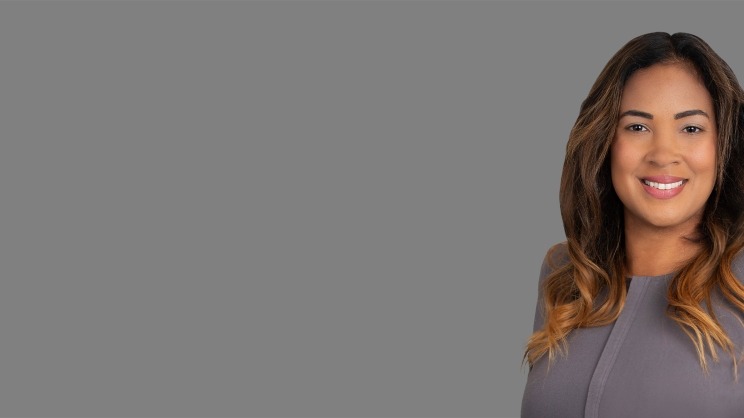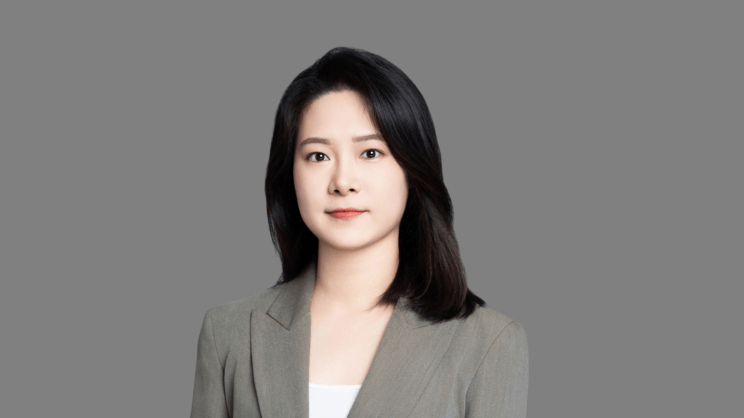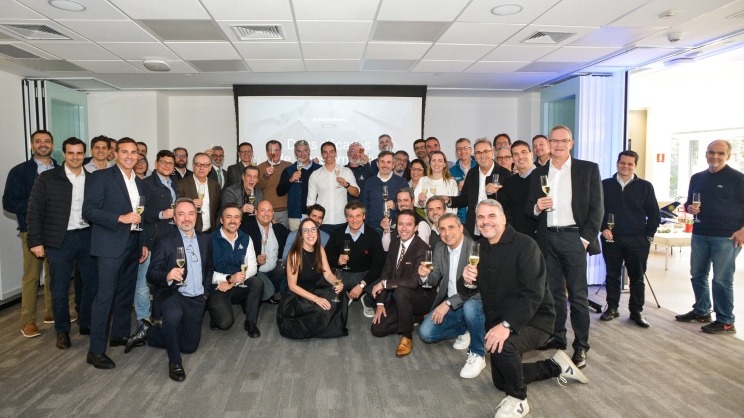Campus Spotlight: Jack Hawkins
A Director’s Insights on Applying Lessons Learned from Academia Into the Professional World

Jack Hawkins is a Director in Alvarez & Marsal’s (A&M) Corporate Performance Improvement (CPI) practice in Houston, Texas. He earned his bachelor’s degree in electrical engineering from Vanderbilt University.
In this Q&A, Jack shares how his engineering background unexpectedly equipped him for consulting, particularly in teamwork and problem-solving. He reflects on the valuable mentorship and collaborative culture at A&M that motivated him to join full-time. Additionally, he discusses the dynamic and fun environment of the Houston office, highlighting monthly gatherings and team-building activities.
Reflecting on your college experience, what unexpected lessons or insights have you gained that have significantly impacted your career?
One surprise for me was how much I’ve been able to apply to the consulting world from my engineering coursework. Engineering classes often involve group projects. The lessons I learned about working in groups and collaborating to solve a problem are similar to what we do at A&M. The problems are business-oriented instead of engineering. Still, much of the process is the same. Additionally, and even more surprisingly, I’ve also applied my technical knowledge to a few projects. Most notably, I was on a project that involved training electrical lineworkers. I got to write some tests and quizzes about basic electricity, which I never imagined doing.
Why did you choose to intern at A&M?
I was interested in consulting, and after researching, A&M stood out to me for a few reasons. I liked knowing I would get exposure to many different project types due to the firm's breadth of offerings and the actual client experience I would get. I also liked the firm's size because it was small enough that you could meet everyone in your office but still have global reach, which still holds true today.
The Importance of Company Culture and Effective Relationship-Building
What motivated your decision to join A&M full-time?
During my internship, I loved the project work, people, and culture. I got to travel and work with clients, and I enjoyed the collaborative nature of the work. Additionally, everyone I met was kind and generous with their time, wanted to teach me more about A&M, and ensured I had a good experience. Our mantra of “love what you do and who you do it with” showed, and I knew it was a place I wanted to return to.
Which office are you based in, and how would you describe the office culture?
I am based in our Houston office, which has a strong, fun culture. Each month, we gather for Fun Friday meetings in the office, where we share a meal, catch up with friends, and get to know new colleagues. We hear about client projects and internal initiatives and play some trivia. We recently had an in-office fiesta for Cinco de Mayo and a March Madness-themed day, complete with a bracket challenge and dunk contest.
Reflecting on your career's early stages, what unexpected challenges did you encounter, and how did you navigate them to emerge stronger?
Learning the value of networking took a while for me to understand and appreciate, specifically outside of the Houston office. Meeting people in the office and at happy hours was easy enough, but A&M is much bigger than any single office. I tend to be more reserved, so I had to learn to reach out to folks, introduce myself and network across the firm. I eventually connected with Managing Directors in other cities and our solution and growth leads (SGLs). This allowed me to work on interesting internal initiatives and to get staffed beyond the Houston office.
Best Practices for Budding Consultants
How do you stay updated on industry trends and developments, and what resources do you rely on for continuous learning and growth?
I read various news sites and business and economics newsletters to stay current. In the past, I’ve also set up Google alerts for my client and/or their industry to ensure I don’t miss any key news. Continuous learning and growth generally come from on-the-job work. Every project has learning opportunities, so I try to take advantage of them. You can learn from people on your project team as they have different experiences, both junior and senior. Lastly, A&M has many Learning and Development (L&D) opportunities between in-person training classes and on-demand eLearning.
Looking back, what advice would you offer recent graduates about effectively transitioning from academia to the professional world?
It’s important to be aware that the two worlds are different. While academia teaches you a lot, what you learn there is not what will make you successful professionally. Instead, recognize that you’re hired because of your intelligence and apply that intelligence to your client’s problems, which is what will make you successful.
What personal attributes or traits are essential for success in your field, and how do you continually nurture and develop these qualities within yourself?
In terms of attributes, one of the best is intellectual curiosity. A desire to learn is necessary for consulting, as we’re always working on new projects and for clients in new industries. When starting a project, you must meet new people, learn the company’s culture and get up to speed on the industry and how the company operates. When you’re intellectually curious, that process doesn’t feel like work; instead, it’s fun. Outside of work, I nurture my intellectual curiosity mainly through reading. While I read books, more often, you’ll find me reading articles and newsletters on everything from current events and economics to sports, business and history.
How do you approach networking and building professional relationships, and what tips would you offer to others just starting?
I seek to build my network through authentic relationships. It’s unrealistic to build a strong relationship with everyone you meet, so I focus my time and effort on those relationships with a natural connection and mutual interests. These relationships are easier and more enjoyable to maintain and will be stronger. At the same time, I try to stay connected to a broader network of people, recognizing that we may not talk as often and that those relationships will be weaker, which is OK. Network with people to find those strong relationships. Don’t feel you need to build a strong professional relationship with everyone you meet.
What are some notable perks or benefits you've experienced working in the consulting industry?
Traveling is a big part of the job, and as someone who loves to travel, the points and status are fun. However, what I love about travel is the opportunities it affords me. For example, when traveling for work, I look up concerts in that city and see if anyone I know is playing. I saw Elton John play on his farewell tour while on a project in Minneapolis. I also look up sporting and cultural events and see what would be fun to attend. I have a personal goal to attend a game at all 30 MLB stadiums, and work travel has helped me check several off the list. Lastly, traveling has allowed me to reconnect with old friends. I had a project in Dallas a few years ago, and I got to reconnect with high school and college friends living there and get dinners with them regularly.
What's your favorite hobby or activity outside of work, and how did you get into it?
It’s hard to pick just one, so I’ll say it’s both golf and live music. My dad plays golf and got me into the sport at a young age. We try to do at least one golf trip together each year. For live music, I’ve always enjoyed music, so concerts were a natural progression once I got old enough. I’m always checking venue schedules and seeing what concerts are coming up, both in Houston and elsewhere. I always find myself traveling for a few concerts each year.
What's a book, movie or TV show that has profoundly impacted you, and why?
I read Dale Carnegie’s How to Win Friends and Influence People for a college class, and I still think about several lessons from it regularly, particularly those around seeing things from other people’s perspectives and being sympathetic. These are lifelong principles that can be applied in many different settings. I apply them frequently on projects to help me understand where different stakeholders are coming from.



